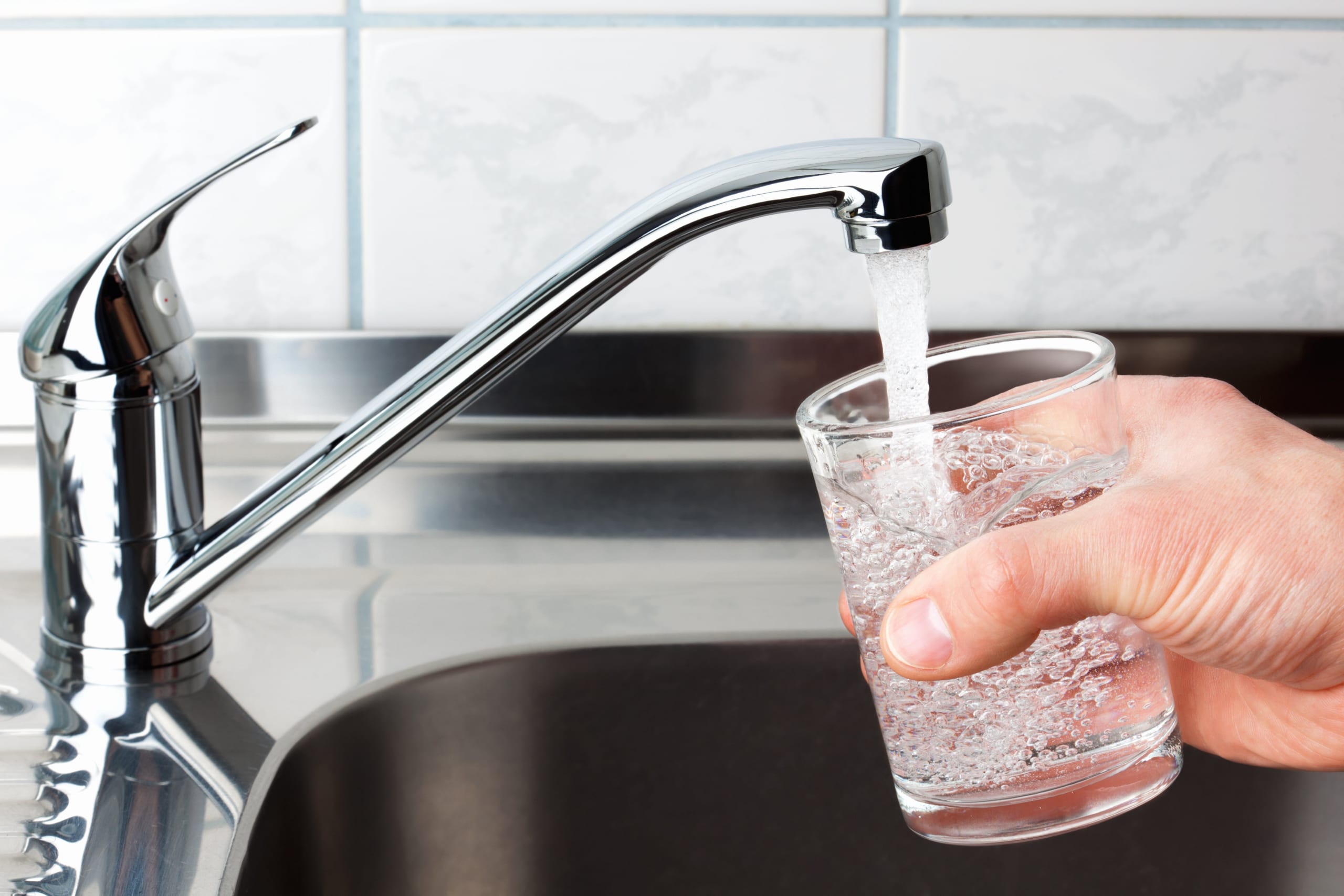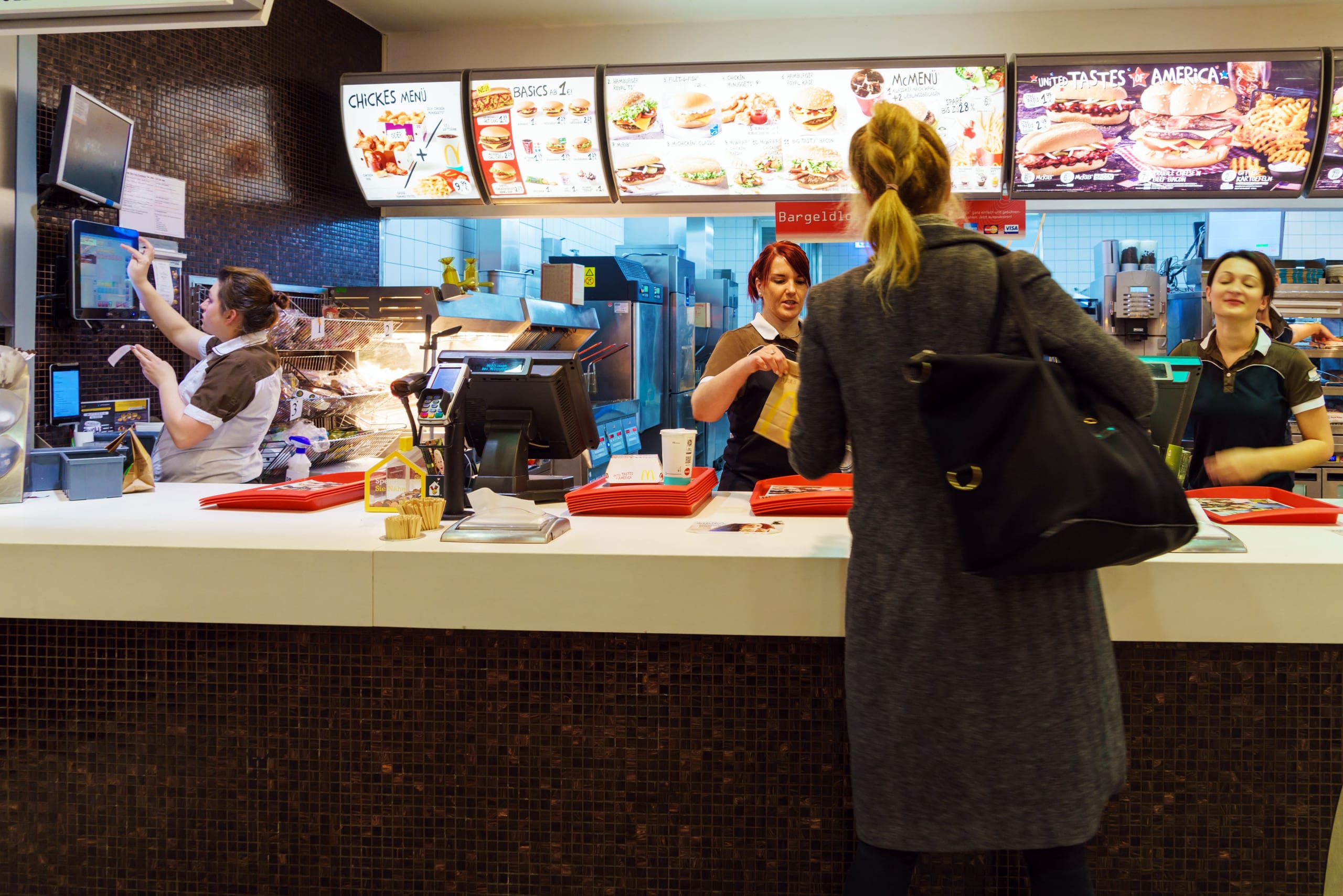Warm Up

Helpful Words and Phrases
Listen and repeat. 聞いてリピートしましょう。
-
- ex. I don’t like the taste of tap water, so I buy bottled water.
-
- ex. I’m a very careful driver; I never exceed the speed limit.
-
- ex. It takes about 200 years for a plastic straw to break down.
-
- ex. $10 for one banana? That’s ridiculous!
-
- ex. What is this stuff? It tastes really bad!
Article
Read the article below and answer your tutor's questions.記事を読んで講師からの質問に答えましょう。
A recent BBC study on tap water found that the levels of PFAS, or “forever chemicals,” exceeded European safety levels in over half of the samples taken. PFAS are man-made chemicals that are designed to never break down in the environment. They’re commonly used in non-stick cookware, clothing, furniture, carpets, and many other products.
Currently, UK guidelines allow up to 100 nanograms per liter (ng/l) of PFAS in tap water. However, the European Union allows only 2.2 ng/l. Out of the 45 samples taken by the BBC, 25 had PFAS. None exceeded the UK guidelines, but almost half exceeded the EU guidelines. Professor Roger Klein, a British expert on PFAS, said that the UK guidelines were ridiculous.
PFAS have been linked to a number of illnesses such as cancer and even high cholesterol, and some experts say that there’s actually no safe level for PFAS in drinking water. Many scientists believe that everyone in the world now has PFAS in their blood. “This stuff is everywhere,” Professor Klein explained.
Discussion
Choose a topic and discuss the questions with your tutor.トピックを選び、質問に基づいて議論しましょう。
PFAS
- In your country, do you think that most people know about PFAS? Why or why not? Discuss.
- In your opinion, why are the UK guidelines and EU guidelines for PFAS so different? Discuss.
- Many scientists believe that everyone in the world now has PFAS in their blood. Are you worried about this? Why or why not? Discuss.
Food and Drink Safety
- Do you think it's better to drink tap water or bottled water? Why? Discuss.
- In general, do you trust the safety of food and drinks in your country? Why or why not? Discuss.
- Do you think it's important to always read the label when you buy food or drinks? Why or why not? Discuss.
Feedback
表現の幅
語彙をどの程度使えるか
一貫性
論理的な話し方ができるかどうか
音韻
発音が相手にとって
聞き取りやすいか


